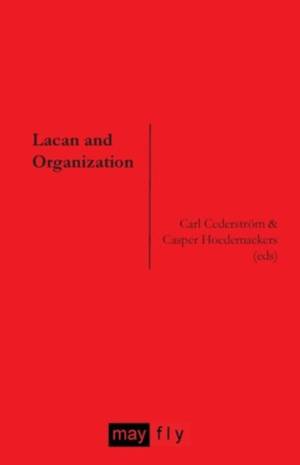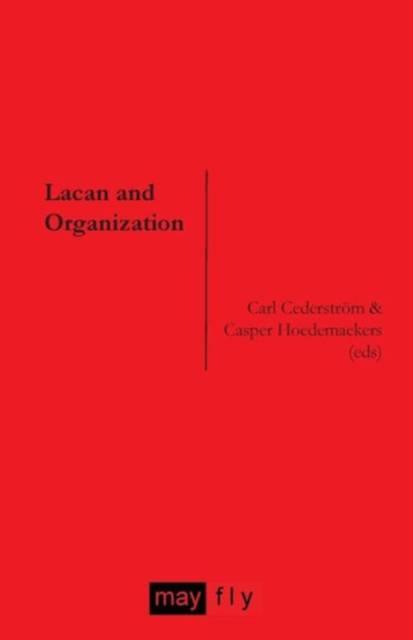
- Afhalen na 1 uur in een winkel met voorraad
- Gratis thuislevering in België vanaf € 30
- Ruim aanbod met 7 miljoen producten
- Afhalen na 1 uur in een winkel met voorraad
- Gratis thuislevering in België vanaf € 30
- Ruim aanbod met 7 miljoen producten
Zoeken
€ 27,45
+ 54 punten
Omschrijving
The work of Jacques Lacan has become an influential source to most disciplines of the social sciences, and is now considered a standard reference in literary theory, cultural studies and political theory. While management and organization studies has traditionally been preoccupied with questions of making corporations more efficient and productive, it has also mobilized a strong and forceful critique of work, management and capitalism. It is primarily as a contribution to this tradition of critical scholarship that we can see the work of Lacan now emerging. In this edited collection, a number of organizational scholars have made common cause with political theorists and psychoanalysts. Together they explore the many intersections of Lacan and organization. The contributions address a series of pertinent questions: What are the new templates for control in the workplace? How is subjectivity produced in contemporary organizations? And how can a Lacanian reading of contemporary work politics render new insights into resistance and ethics?
Specificaties
Betrokkenen
- Auteur(s):
- Uitgeverij:
Inhoud
- Aantal bladzijden:
- 238
- Taal:
- Engels
Eigenschappen
- Productcode (EAN):
- 9781906948108
- Verschijningsdatum:
- 12/01/2010
- Uitvoering:
- Paperback
- Formaat:
- Trade paperback (VS)
- Afmetingen:
- 129 mm x 198 mm
- Gewicht:
- 235 g

Alleen bij Standaard Boekhandel
+ 54 punten op je klantenkaart van Standaard Boekhandel
Beoordelingen
We publiceren alleen reviews die voldoen aan de voorwaarden voor reviews. Bekijk onze voorwaarden voor reviews.











